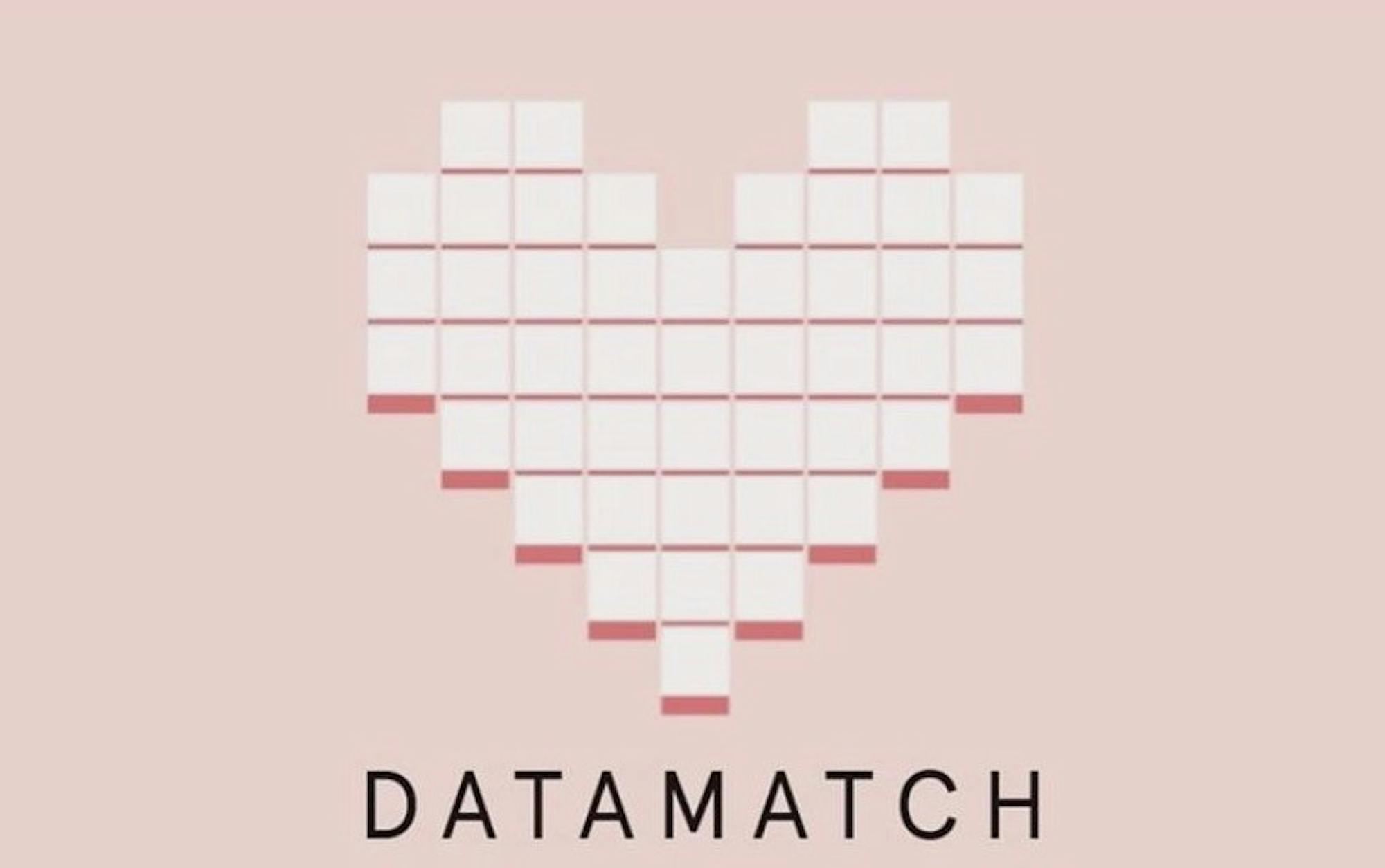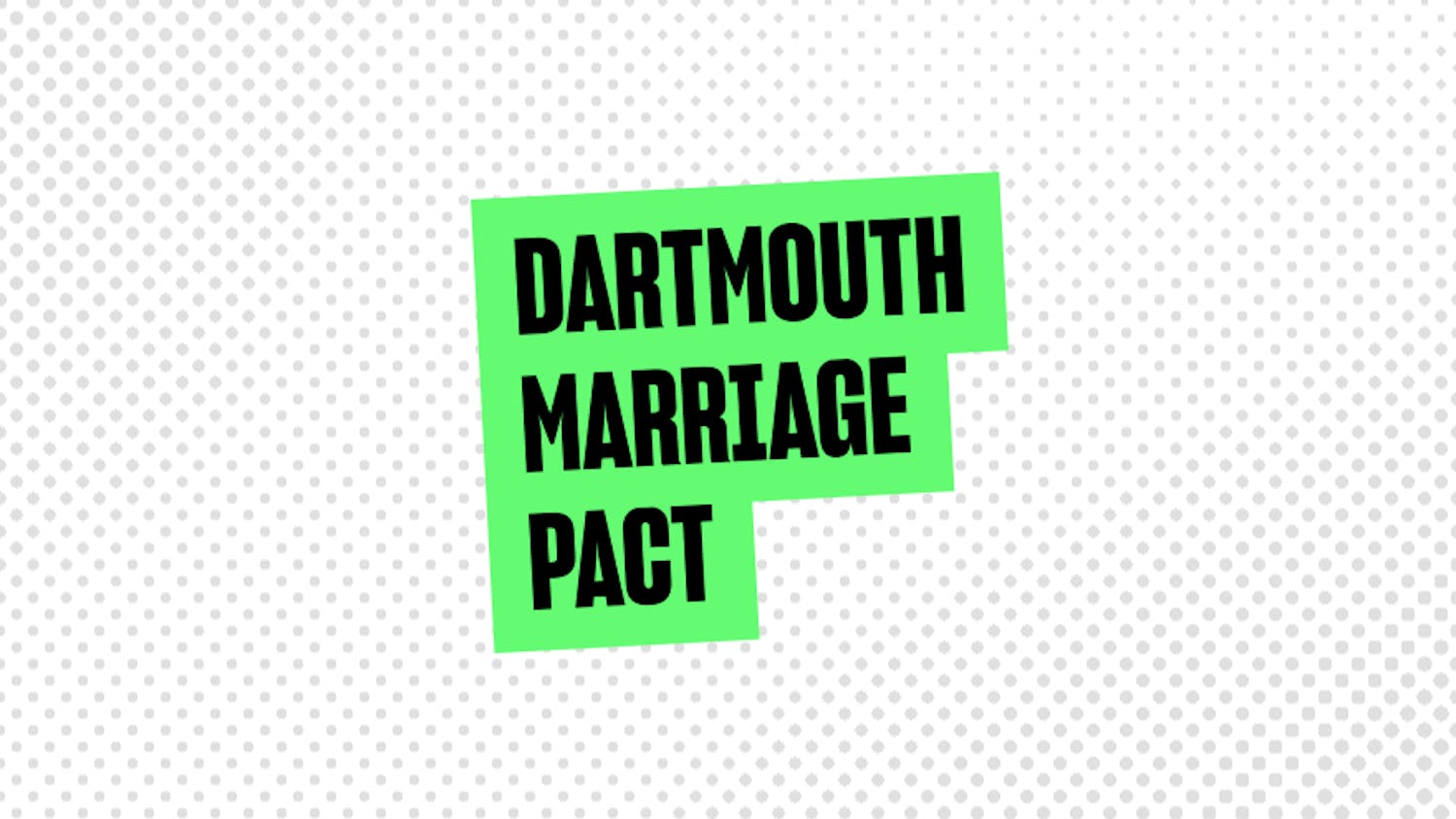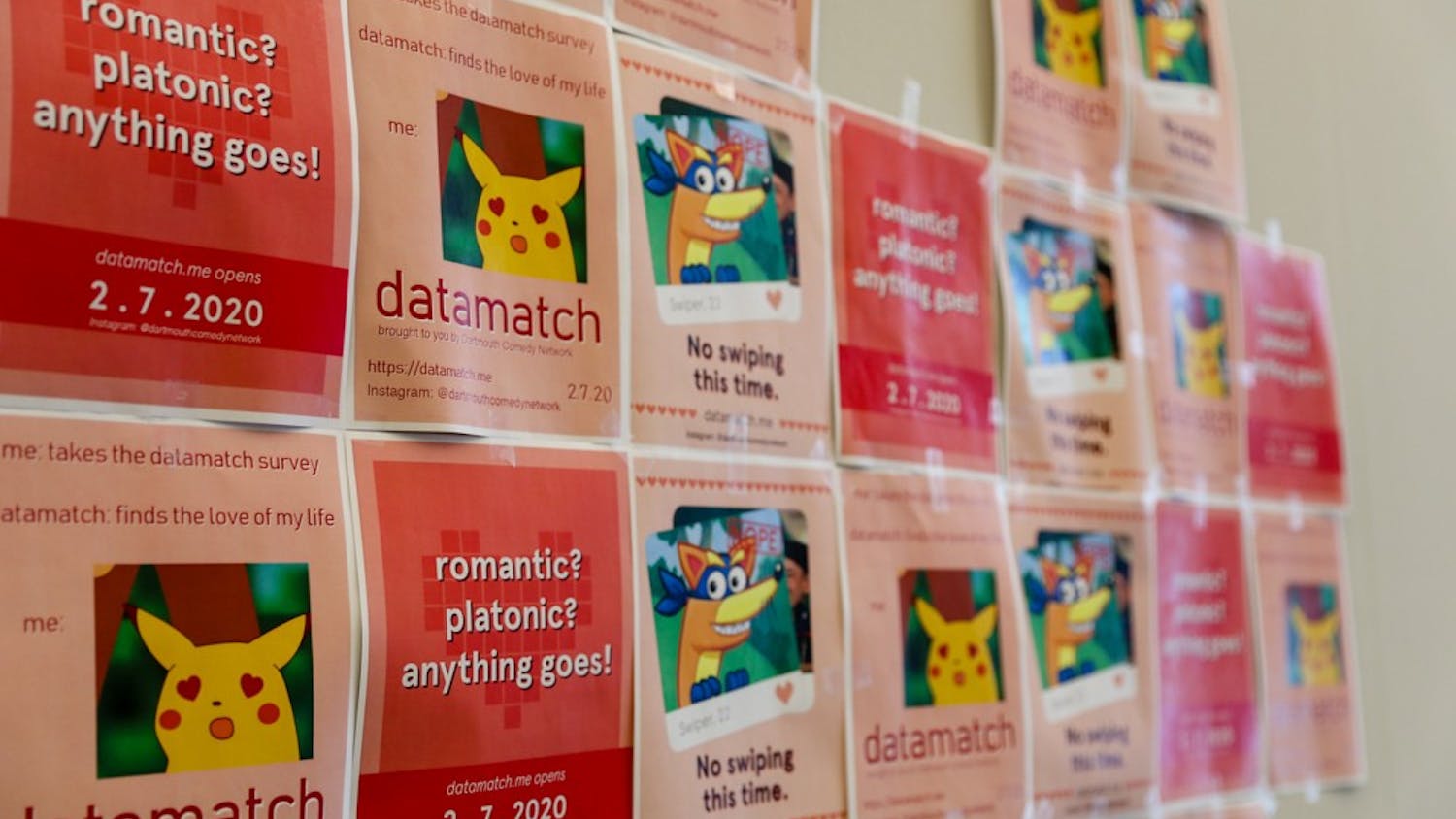“Datamatch,” an algorithmic matchmaking service run by the Dartmouth Comedy Network, will make its return to campus on Feb. 7 — just in time to land students their valentines. Datamatch is the second service hoping to find students their ideal match this month, after “Marriage Pact” pairings came out earlier this week.
While Marriage Pact provided students with just one “perfect” match, Datamatch will offer each participant at least 10 match options. To participate in Datamatch, students respond to around 20 humorous questions composed by the DCN, which are then used to match students via an algorithm developed by Harvard University students. Last year, Datamatch partnered with the now-closed Morano Gelato to incentivize matches to go on dates; this year, the service is partnering with Snackpass to give potential couples a $5 credit.
Kim Nguyen, a senior at Harvard University and one of the algorithm-leads for Datamatch, explained that students who participate will be matched by what has become a “very top secret” algorithm. In her role, she goes through data from the population and uses statistical modeling to see “who exactly is compatible and who is not compatible.”
Nguyen noted that each year the team works to improve the algorithm, and this year only she and one other person are familiar with its exact methods.
Nicholas Sugiarto ’23 decided to bring Datamatch to Dartmouth last year after a conversation with a friend at Harvard, who pitched the matchmaking survey to Sugiarto as “a staple” at Harvard. Sugiarto said he proposed the idea to the Dartmouth Comedy Network, and after some convincing, the group decided to draft some comedic survey questions.
“We want the survey itself to be fun,” Sugiarto said. “We don’t want basically you funneling information; it shouldn't feel boring. This year, the questions are hilarious.”
Danielle Tamkin ’23, another member of the DCN, said that she was excited for the rollout after the relatively successful launch last year.
“It was really cool once we released it last year because we didn't know how it was going to go, but around campus, people were talking about it,” Tamkin said. “They were excited to see what happened when matches came out.”
She added that she heard many success stories last year, including students going on dates or befriending their matches, and she hopes that even more students will take advantage of Datamatch this year.
Tamkin said that while at first the DCN was slightly worried that Marriage Pact might take away from the excitement of Datamatch this year, the team now hopes that the large number of people who participated in Marriage Pact — around 1,700 — might bode well for Datamatch.
“Part of the point is just for it to be a fun thing to fill out and talk about with your friends,” Tamkin said. “I'm definitely hopeful that there's room for both.”
Vivienne Knobel ’23 participated in Datamatch last year but said that she is unsure about whether she will fill out the survey this year.
“I just remember everybody was doing it, especially ’23s; I don't really think I was expecting to get anything out of it,” Knobel said. “It was more just for fun, to meet new people.”
She noted that some of her friends matched with people who they either dated for a short while or are now friends with, but she observed a gap between different genders’ use of the service, with women tending to participate at higher rates than men. Given Datamatch’s multiple-match model, a discrepancy in participation between genders does not mean that people will go matchless, but Knobel said she still found the gender gap to be “kind of a problem,” as the same men would be matched with many different women.
Emily Sun ’23, however, said that she didn’t find Datamatch’s model attractive, as she felt it could feel impersonal.
“I’d rather meet people organically than via a computer system without any empathetic capacity,” Sun said.




